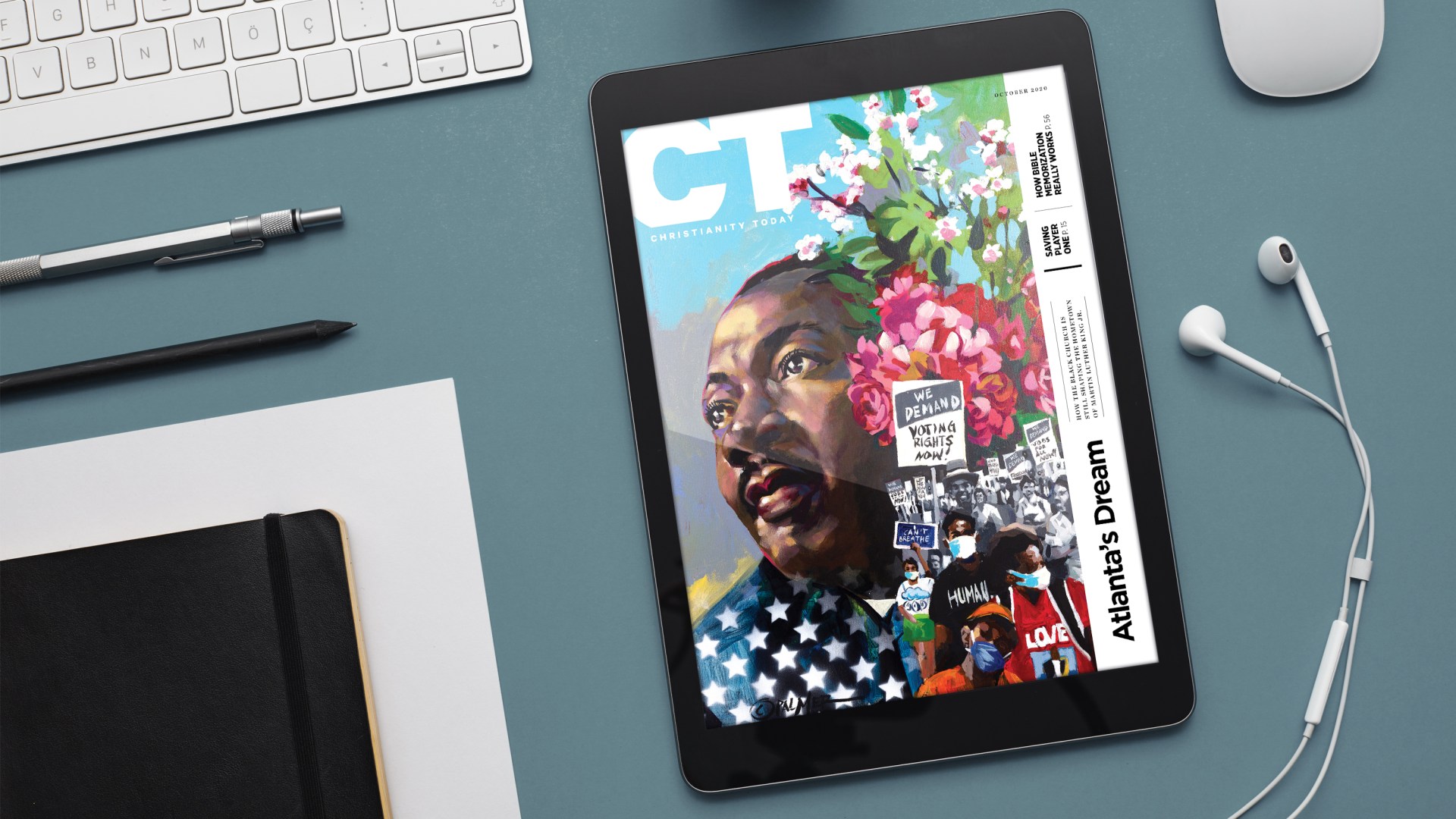Can the Church Save Marriage?
I deeply appreciate the sociological insights that Mark Regnerus brings, but I take issue with the assumption that a decline in marriage—and corresponding rise in singleness—is cause for alarm. Our faith celebrates the life-giving sacrifice of a single man. Jesus’ life was witnessed by a lineup of remarkable single women and men, one of whom went on to write much of the New Testament. That same Scripture bears the mark of a radical shift in biblical and ancient thinking: that bloodlines and marital status no longer primarily determine one’s family, inheritance, or maturity level, but discipleship does (Mark 3:35; John 3:3–6). The Bible also suggests that the truest of all weddings—between Christ and his church—is anticipated best by celibates (Matt. 19:12; 1 Cor. 7:26–35). To be fair, a rise in singleness does not necessarily indicate a rise in committed celibacy. The church may not be able to save marriage, but it can raise disciples who—married or not—bear sacrificial witness to their bridegroom who does save.
Amy J. Erickson Kingsbury, TX
The issue is that we as a church still do not push a close and personal relationship with Jesus and that he is the one who completes us. In all the churches I have been to, they have amazing divorce recovery, but hardly any churches support healthy marriage. Let’s work on healthy marriages and help identify what means before a couple struggles. We need to stop treating marriage as something that completes people and look at it as a partnership for life.
Deb Brown Robison (Facebook)
COVID-19 Is Killing the Soulmate Model of Marriage. Good.
The restoration of a model of marriage onto a more biblical foundation is superb news, but I strongly disagree with this article’s portrayal of singleness. As the author is the director of the National Marriage Project, it is not a surprise that Wilcox has such a high opinion of marriage; but if one is to bring up the topic of singleness, one must do so in a balanced way. To say “research shows that married adults tend to be significantly happier than single adults” without further discussion is confusing and misleading. I am only one of many who has suffered at the hands of this culture that is so prevalent in the church.
Samuel JH (Facebook)
Refugee Converts Aren’t ‘Fraudsters,’ German Pastors Say
Good report, also in German. I know some converts, so I know how hard it is for an Iranian convert to explain to officials what faith means to them, because these officials have no idea about these issues.
@DieterRobig
Hope Beyond a Vaccine
We are so addicted to the illusion of control that it hurts to have that illusion broken and ripped away from us. In the end, our Lord knows our times. And he will lead us, even through the valley of the shadow of death. He will be faithful to us his people. Of course, many of us hope that we find a medical solution that ends this pandemic. But we are going to have to follow and trust in the meantime, and do all the good we can do while we wait for better news.
Ian MacLaren (Facebook)
White Evangelicals Have a Complicated Relationship with Christian Nationalism
While I cannot count myself as a huge CT fan, I found Matthew Lee Anderson’s reviews of three books about Christian nationalism to be very insightful, balanced, and fair. This kind of journalism has sadly been fading from view in recent years. I appreciate the work that he put into this piece.
Mark Epps Ballwin, MO
Even Among Well-Meaning Christians, ‘Born Again’ Is Often Misunderstood
In the same way that Jesus called for the rich man to give up his lifestyle, I think Jesus engaged Nicodemus at the core of his very lifestyle. Today, in the US, how do we acknowledge and face the cultural dilemma that “being born again” and “being saved” have become an often-quoted formula, a prescription that calls people to conform to the religion of Christianity rather than from religion to an encounter with the living Christ? Many of us who have been “born again” grew up in the religion of being born again, and our experience may be more like an emotional or religious ritual than an experience that is a profound encounter with the living God, who calls us to allow him to transform our life.
Cecil Campbell Indianapolis, IN
Do we have anything to do with our salvation? Matthew Barrett says not, relying on the birth analogy in John 3:3–8. Yet he neglects what immediately follows, John 3:14–16. Jesus there references Moses lifting up the serpent in the wilderness. What is the significance of that? It was, of course, God who healed the snake bites, but only upon the snake-bitten person “looking up” to the snake on the pole. Even so, it is “whoever believes” who gets eternal life. Interpreting Scripture in light of Scripture, it is God who initiates, but we must respond before salvation inures.
Thomas F. Harkins Jr. Fort Worth, TX CORRECTION: On page 65 of our July/August edition, “What Is a Christian Nationalist?” credited the creation of the series The Handmaid’s Tale to the wrong streaming service. It is produced by Hulu.










